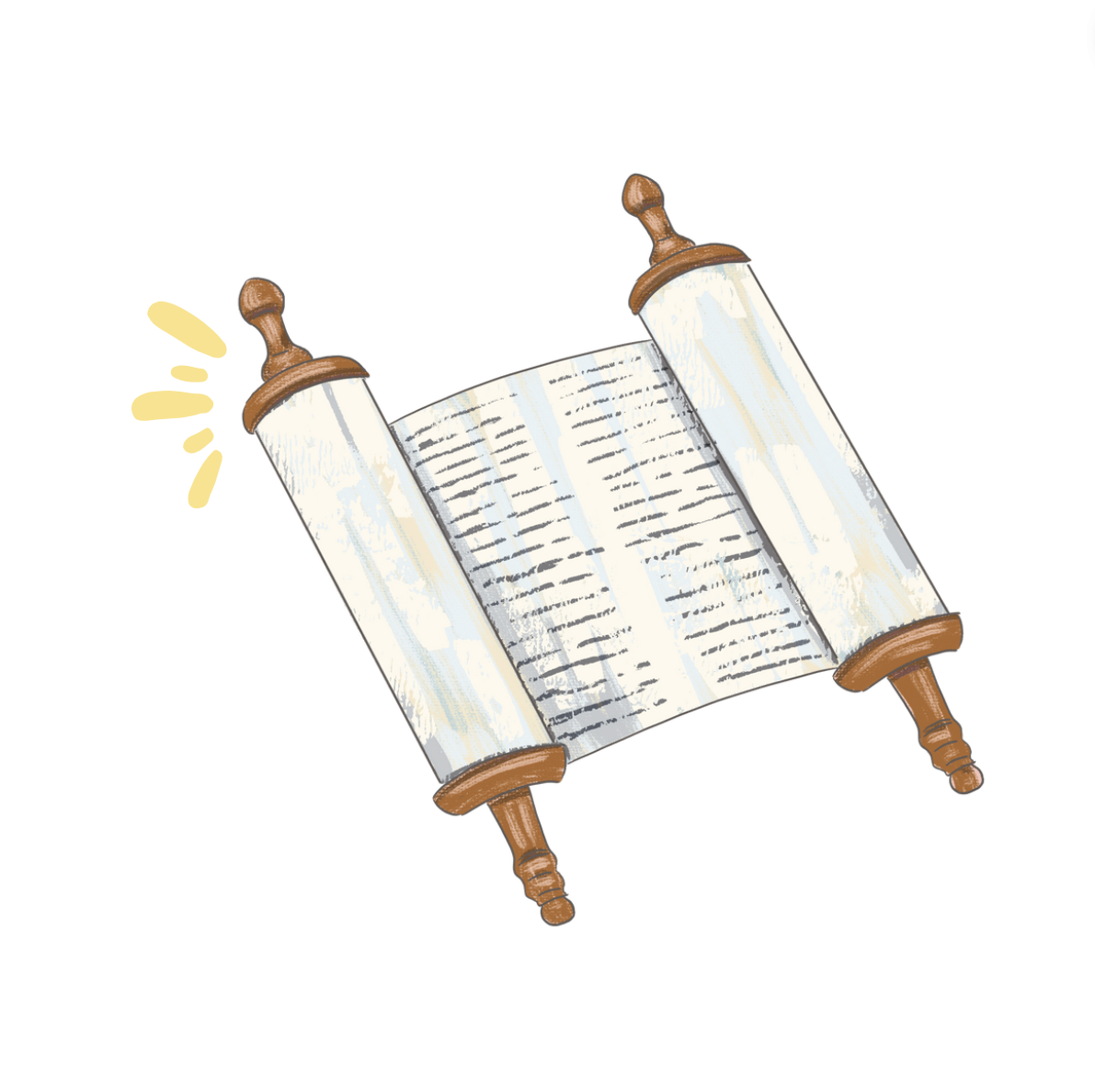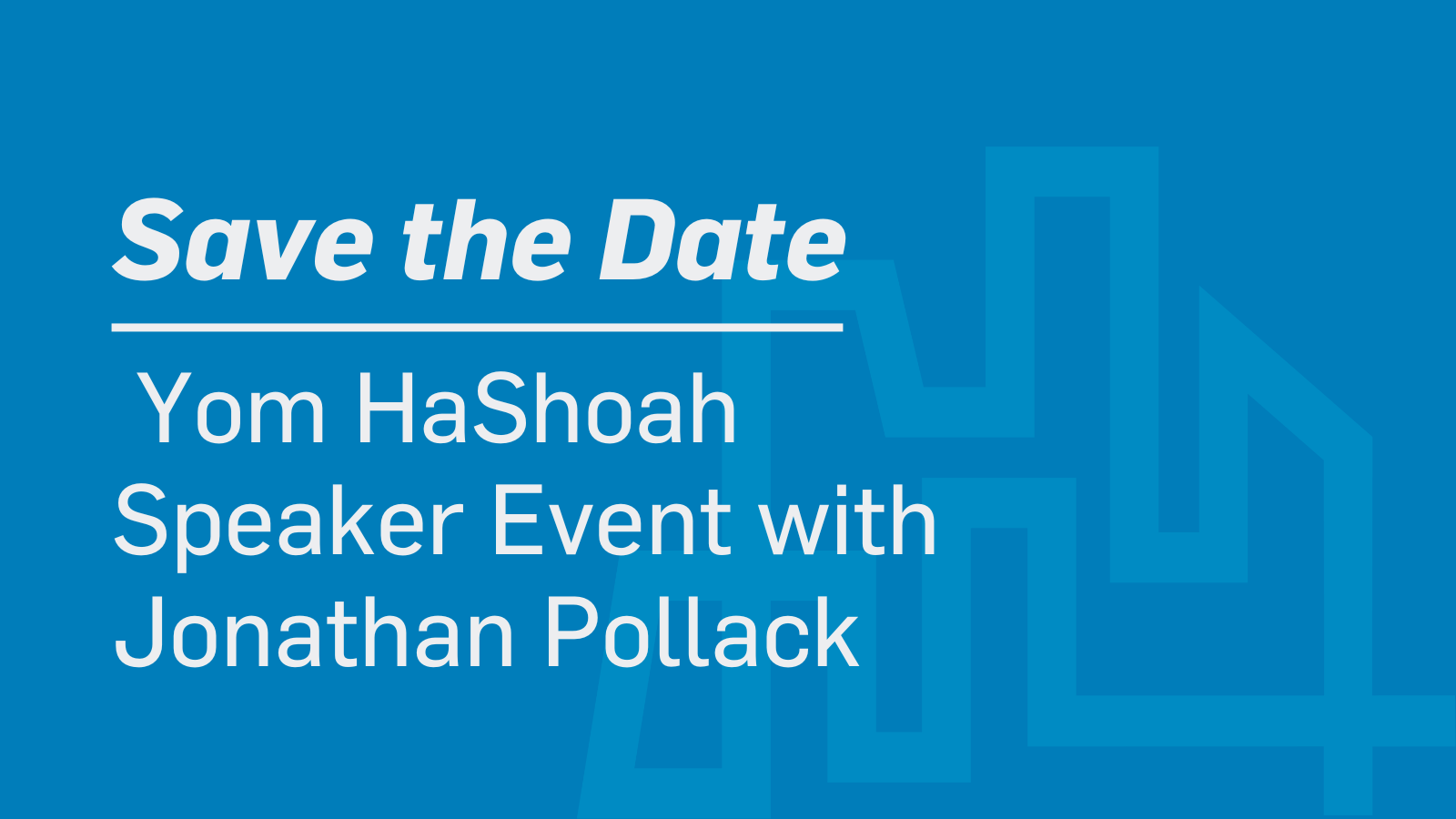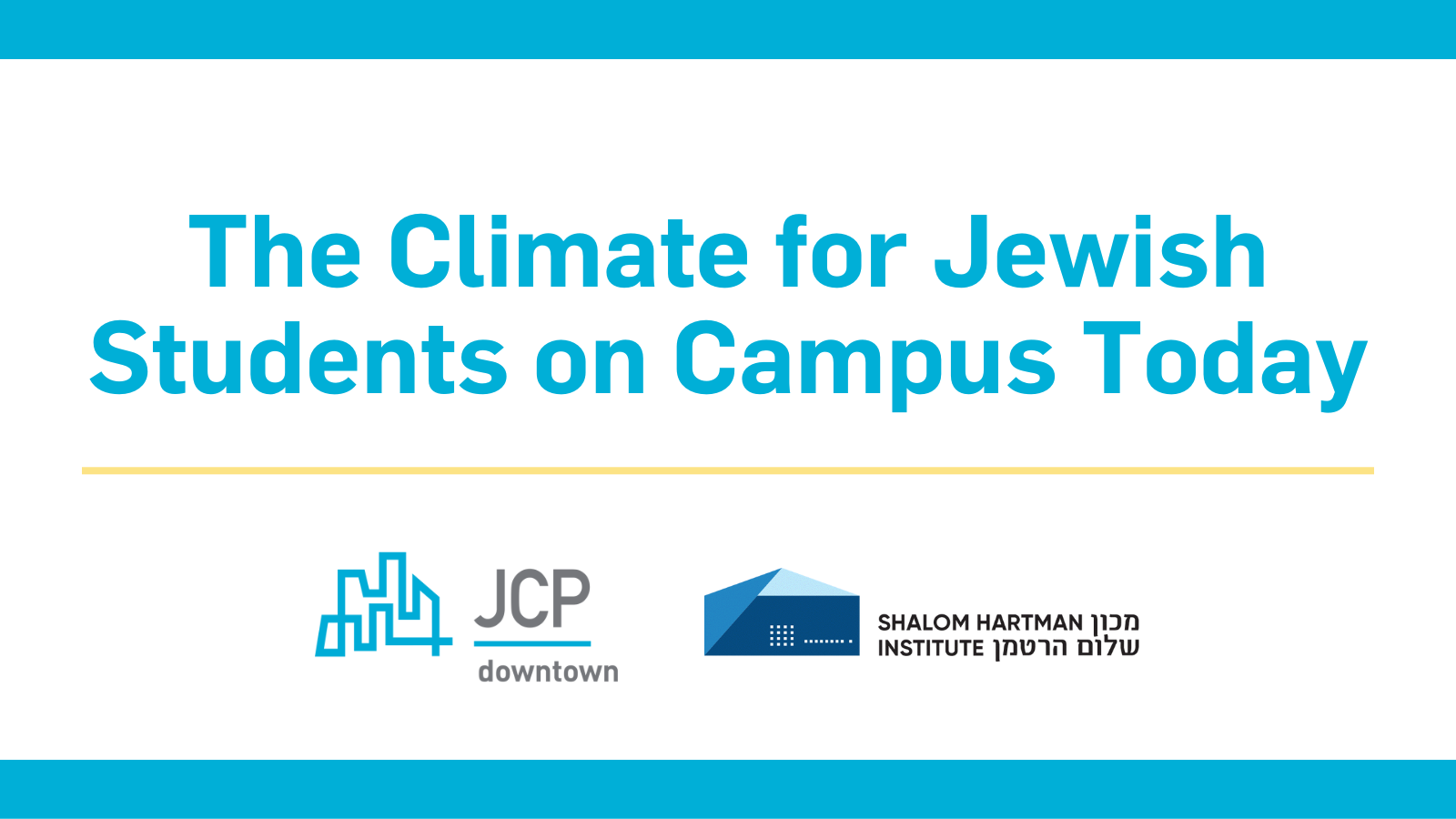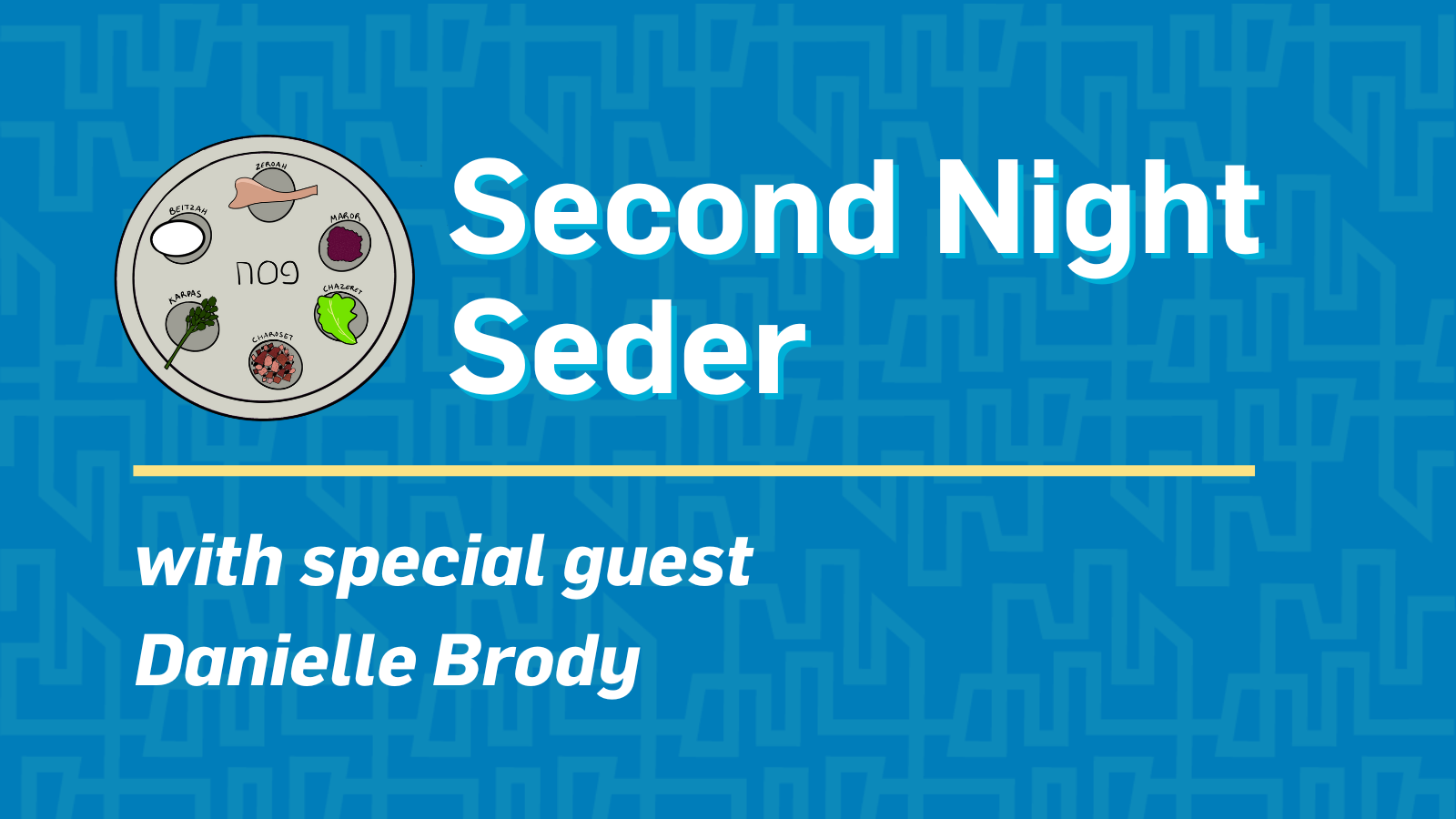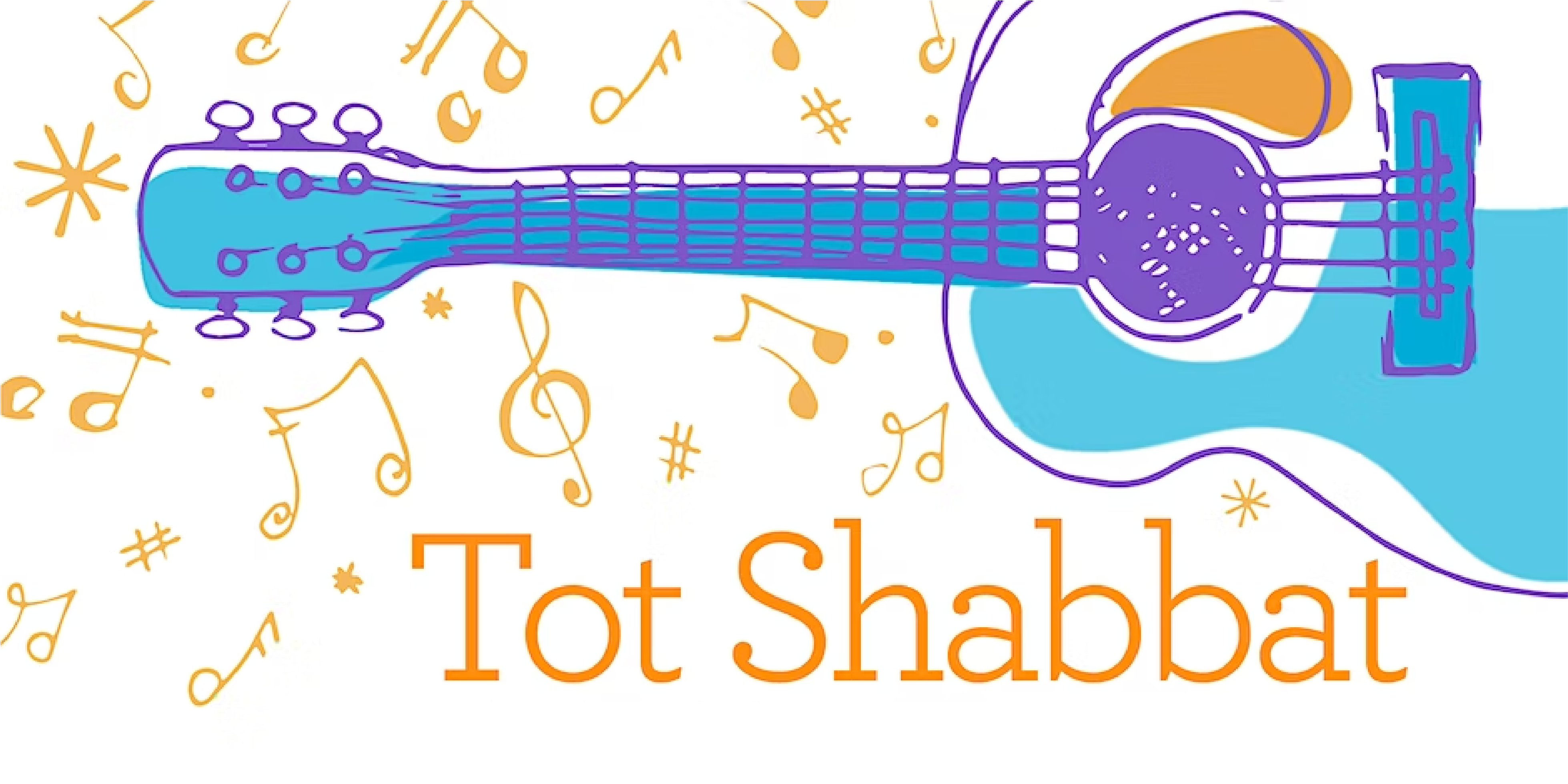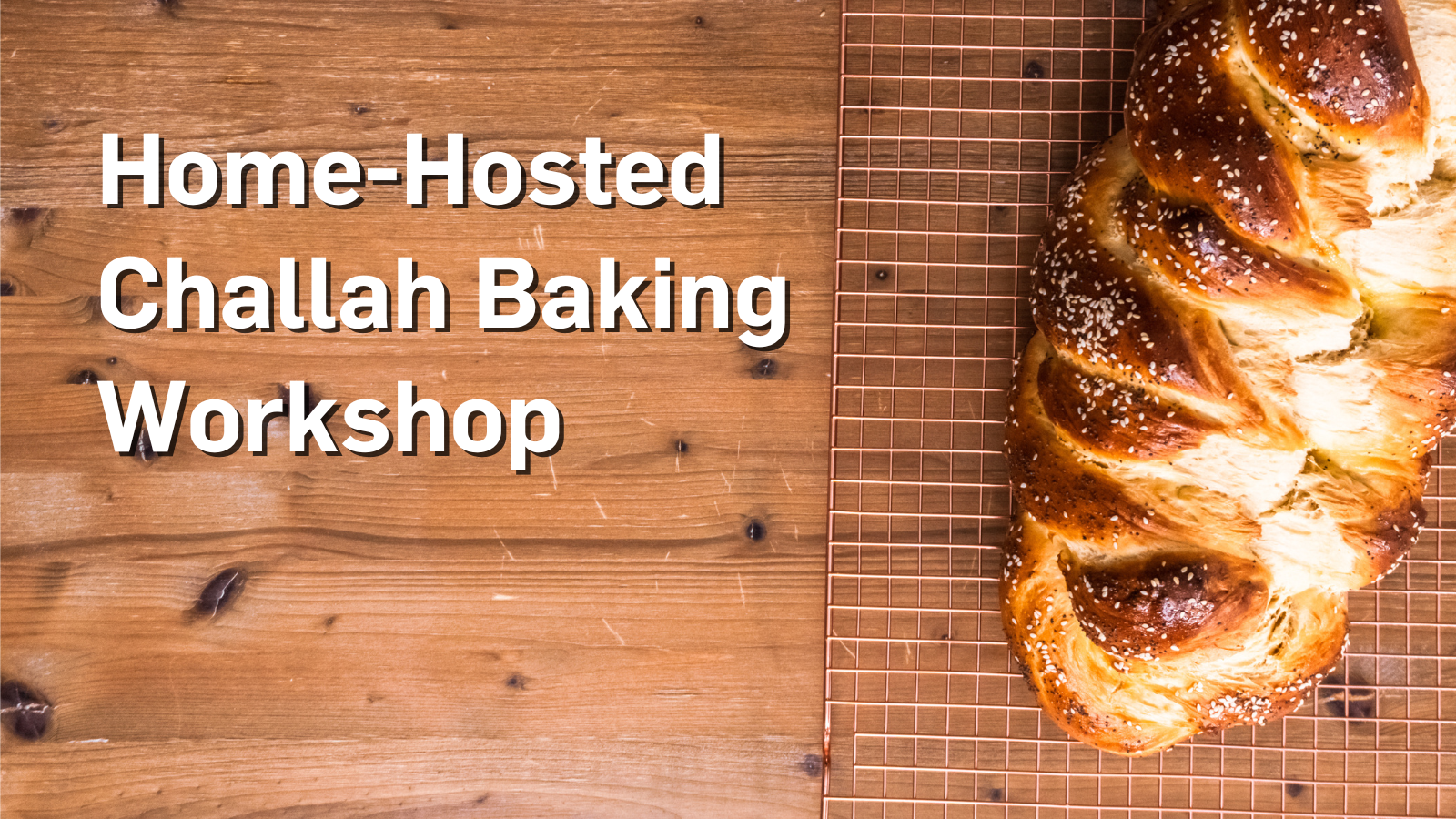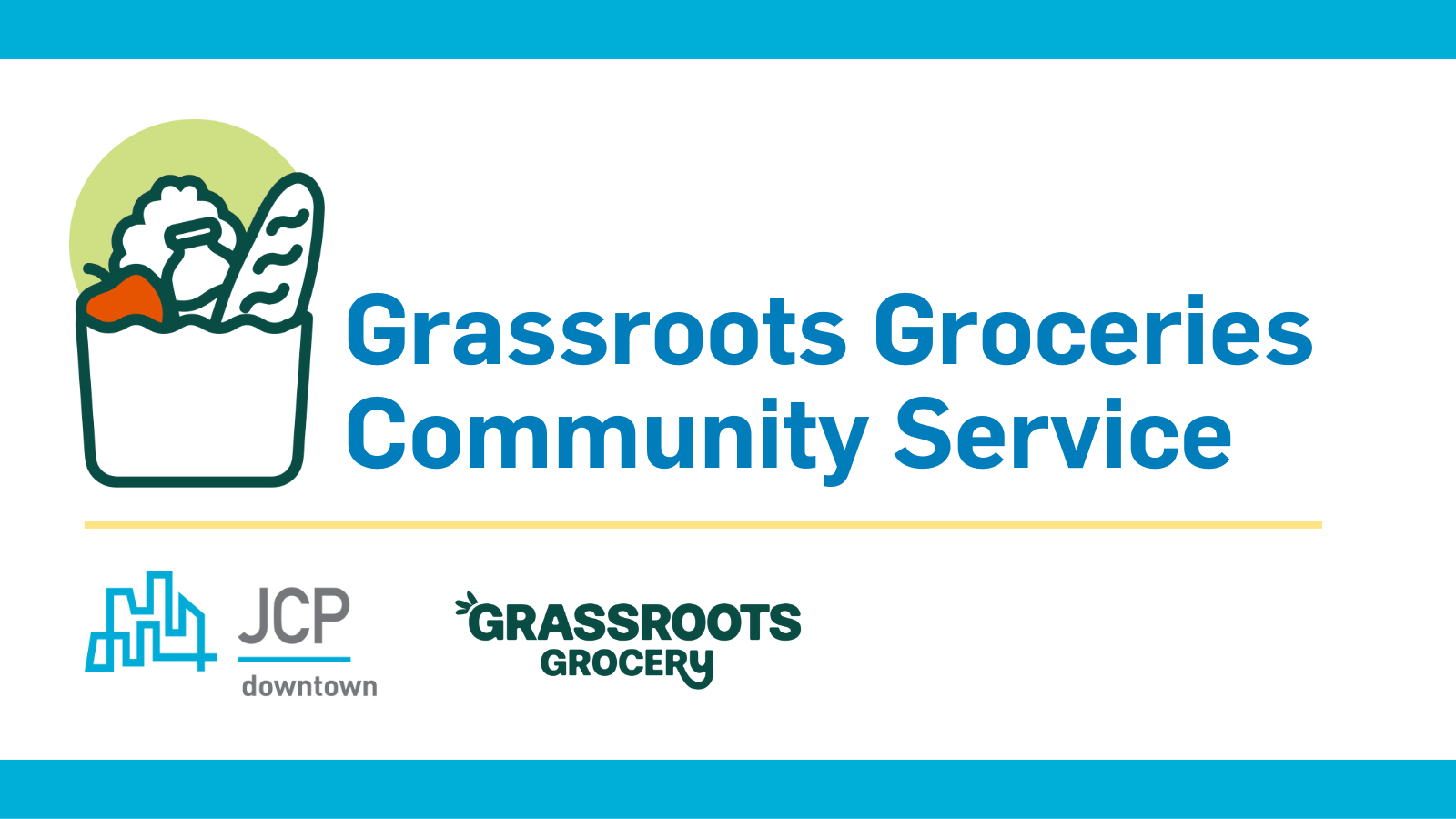This week, I found myself searching and searching for something meaningful to say about the Torah portion, parashat Vayakhel, which details the building of the ancient Tabernacle. How I wished to be inspired by the description of the artistry involved in building a space for God, by the lampstand made of pure gold, by planks of acacia wood, by the cloths of goat hair! Despite the detail, I found it difficult to imagine—much less be inspired by—this place of offering to God.
Rabbi Rachel Adler explains why the Torah goes, repeatedly, into such painstaking detail about the Tabernacle (a structure whose existence many scholars debate): “How the temple is designed and furnished and where objects are positioned express symbolically what its builders believe about the nature of the cosmos.”
In other words, when our ancestors designed their sacred space for God, they sought to reflect the glory of the universe. No wonder they furnished it with pure gold, beautiful wood, and luxurious fabrics. How many of us do something similar when creating our own homes, our own personal sanctuaries, evoking elegance and comfort?
Furthermore, the Torah tells us over and over again that everyone was moved to participate. Women and men donated jewelry, the most talented artisans stepped up to design and decorate —so many things were offered for the building of the sanctuary that Moses eventually had to tell the people to stop bringing gifts: they had brought enough!
Yet one difference between the Tabernacle and our own homes is that the Tabernacle was meant to be portable: deconstructed and reconstructed as the Israelites camped in new places in the desert. So much effort went into designing and constructing a structure that would only be taken down and recreated. No wonder we need such detailed descriptions!
Another difference between the Tabernacle and our own living spaces, however, is greater than portability. Our homes are personal and private, while the Tabernacle is a space shared by the entire community. The tabernacle is meant to be a place used by all the people: from beloved friends to the irritating nemesis, family members who are sometimes lovely and other times overbearing, the person who always speaks for too long, and so on.
The Torah portion this week begins with the word Vayakhel, meaning “gather” or “convoke.” The whole community is brought together for a sacred purpose. But what is that sacred purpose? It is defined by its wholeness, its radical inclusion. We are reminded repeatedly in this Torah portion that everyone participated in the building of the Tabernacle, that our sacred spaces are for each of us.
This Shabbat, whether we are focusing on our own homes or the wider JCP community, we have the opportunity to consider: what can I lovingly bring? How can my words or actions create a space of welcome, inclusion, and holiness?
Shabbat shalom,
Sam

